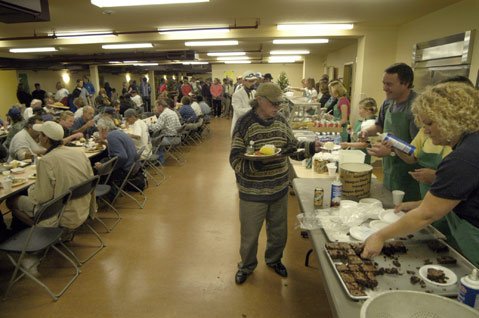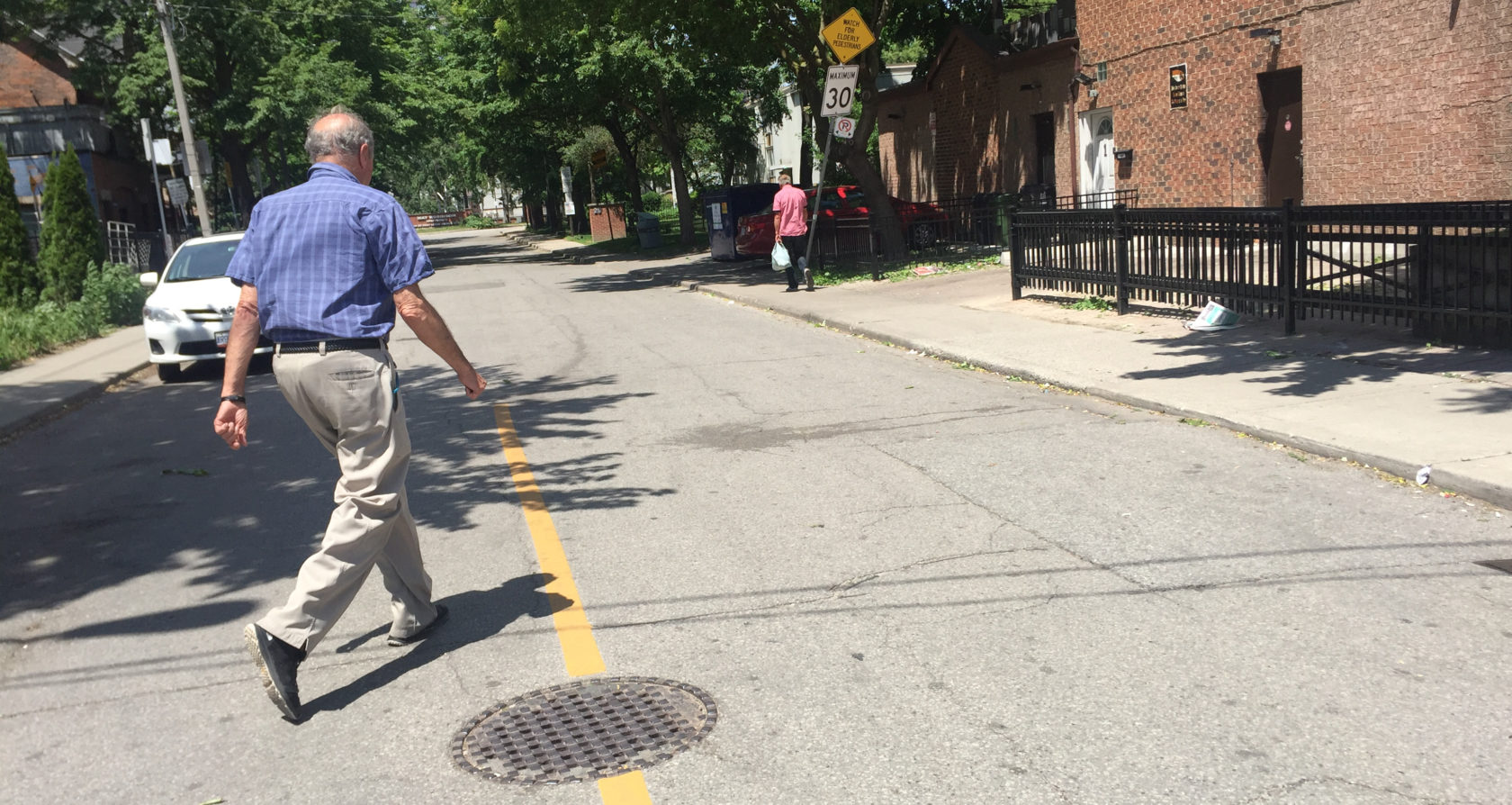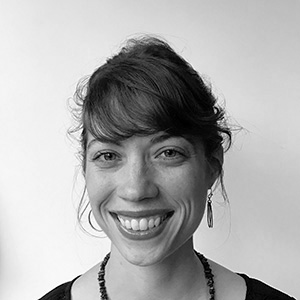Categories
Where do we find vision? Not bravado or bombast, hollow optimism or unfounded fear, but honest ambition appealing to our higher human selves?
We’re unlikely to find vision in the innovation discourse – even the social innovation varietal.
Diego has vision. He’s not a politician. Or an entrepreneur. Or a civic leader. He’s a 76-year old recovering alcoholic living in a social housing complex thousands of miles away from his home country. But, he holds onto a compelling account of the future. “For many years, I was without faith, and nothing worked. I now wake up each day imagining life and love – which are the opposites to resentment, anger, and loneliness.”
We met Diego as part of a research project with a social innovation lab. Too often, innovation is held up as the vision. We talk of innovative government, innovative services, innovative programs, and innovative apps as if that is the dream. Innovation has become a substance-light language of progress. An inauthentic optimism in something better without reference to what that something better is.
“I now wake up each day imagining life and love”

Better should not be good enough.
We don’t just need better homeless shelters. Better aged care facilities. Better mental health facilities. Better social housing. Better health care.
Thirty years from now, let’s hope we’re not corralling the weary, the lost, the evicted, the hurt, and the poor into monochrome buildings for other people ‘like them’ where their needs are assessed, prioritized, and case managed.
We need a fundamentally different social contract that re-conceptualizes human need. That starts with the premise that people are resilient and vulnerability isn’t shameful. That compels each of us to re-examine our relationships with one another, and to interact authentically with the homeless man at the corner or the senior sitting alone on the bench, without the labels that separate us and the boundaries that emotionally displace us.
Before we talk about better customer experience, smarter metrics, optimized processes, coordinated systems, and integrated management, let’s talk about people and place. Let’s stitch together a narrative of the human moments we want to be part of.
It’s easy to say this. And hard to do this.
For the past year, we’ve fallen into the innovation trap. For all of InWithForward’s values and ideals, we’ve allowed the language of experimentation to overtake the language of meaning, purpose, beauty, and love. Process trumped content. Our logic seemed sound, at the time. So many of our interventions weren’t sticking – whether it was a new kind of conversation between frontline workers and folks on the streets, or pop-up classical concertos to cut through drop-in centre chaos. So we switched to building organizational capacity to experiment. My how quickly experimentation became the focus. Not the lives and livelihoods we seek to enable.
We’re re-calibrating. We see our most important role as a purveyor of big visions and every day curiosities. Thankfully, we’re not doing this alone. Our organizational partners have stuck with us through the up-and-down journey, as we learn of the need to both hold space for bottom-up experimentation and hold a strong vision for the brave new world we’re after.
Time for that magic carpet ride.

